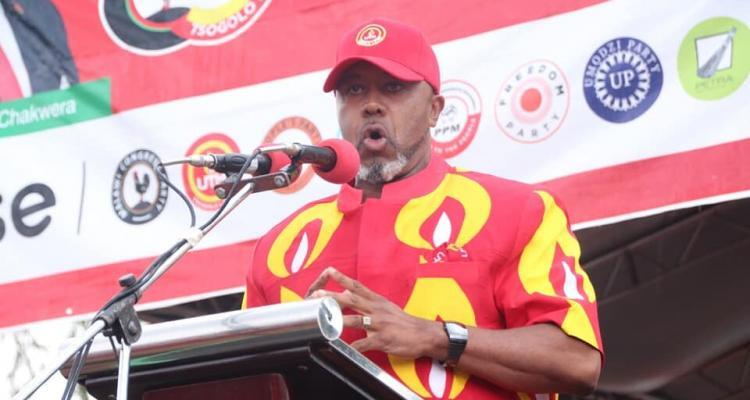
The by-election in Dedza Central Constituency has created another opportunity for aspiring Members of Parliament.
It is reported that Malawi Electoral Commission (MEC) has registered a total of 3,202 new voters with 1,993 of them being female.
This is encouraging news because in the previous by-elections, there were reports of voter apathy.
For your information, the Dedza Central Constituency by-election has been slated to take place on 16 November 2023.
It seems like all preparations for the elections are underway with aspiring parliamentary candidates having presented their nomination papers at a ceremony held at Mthandiza Primary School on 31st October 2023.
What is surprising is that only three aspirants from the Malawi Congress Party (MCP) Willard Gwengwe, Democratic Progressive Party (DPP) Andrew Kowedza, and independent Candidate Jacob Kaumphawi presented their papers.
Why are other political parties such as UTM and the United Democratic Front (UDF) paranoid to feature their own candidates in the Dedza Central Constituency?
Why do UTM mercenaries make a lot of noise on social media platforms giving people the impression that UTM is a popular party at grassroots level?
Truth be told, most political parties are schizophrenic whenever they hear the name of MCP parliamentary candidate, Willard Gwengwe, who happens to be an elder brother to the Minister of Trade and industry Sosten Gwengwe.
Signs of schizophrenia exhibited by other parties including UTM and UDF are lack of motivation, disorganized thinking, loss of interest in social activities, hallucinations and delusion. It is simply a mental disposition for anything is possible in politics.
Let me take this opportunity to pat on the back DPP candidate, Andrew Kowedza and Independent candidate Jacob Kaumphawi for taking a bold step to challenge a strong MCP candidate, Willard Gwengwe.
It doesn’t require a great philosopher to appreciate that all other political parties including UTM and UDF which chickened out of the Dedza Central Constituency race missed a rare opportunity.
First, participation in the by-elections is important because it shows that the political party is an active one. It is a well-known fact that all inactive political parties risk being deregistered.
Political parties should not bank their proof of active participation in elections on electoral alliances because such alliances are not usually explicitly registered with MEC.
Second, it must be appreciated that with the introduction of 50% + 1 electoral determining system, it is easier to win a parliamentary seat than a presidential election.
Third, by-elections are a campaign tool in itself for the 2025 forthcoming General elections. Even if a party fails to win a by-election, voters are still reminded of the party’s existence in the constituency.
Lastly but not least, by-elections became a testing lab for the party. It tests the party’s popularity at grassroots level. The results of the by-elections can also be used as a source of information for the party to proactively strategise for the next general elections.














